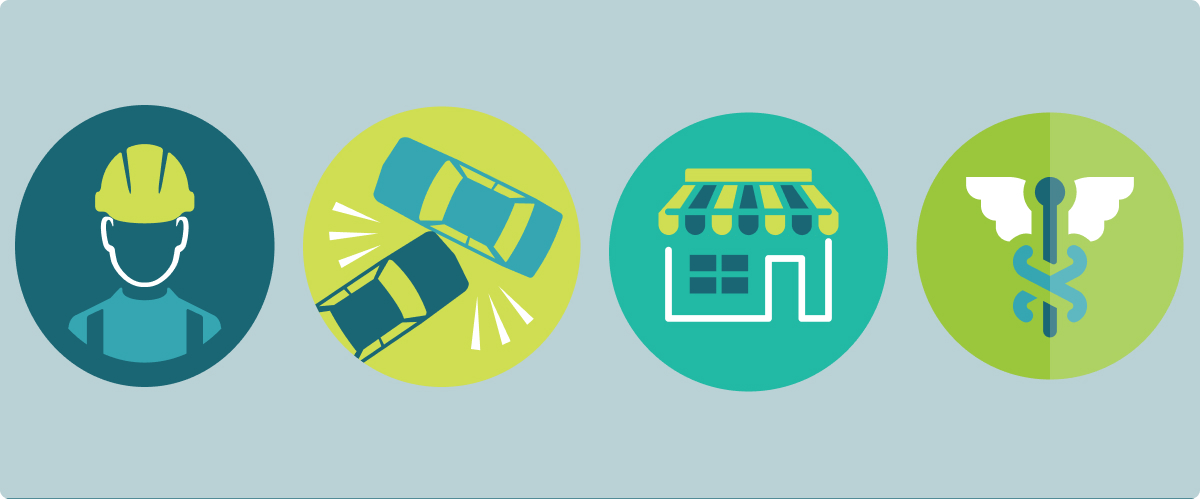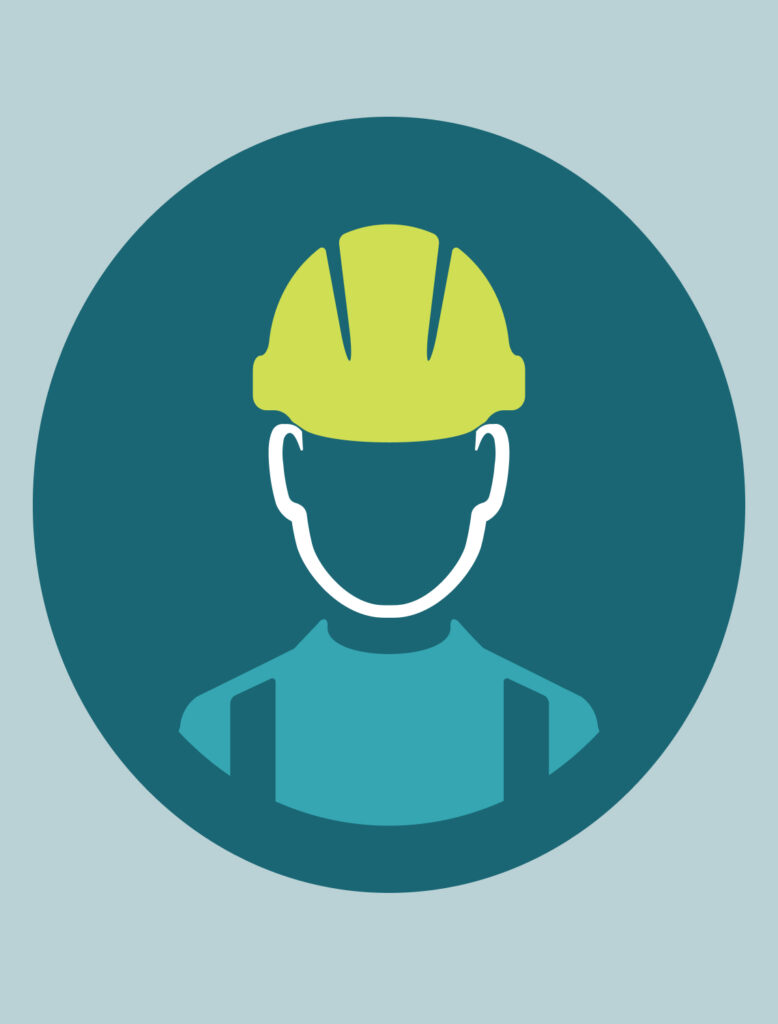When an employee goes through a workplace injury procedure, their whole life can change in an instant. They may be forced to refrain from working, be unable to care for themselves or their family, and may endure periods of lost income and a diminished quality of life. All of these factors and more can impact the worker’s psychological well-being, which in turn can diminish their capacity to heal and eventually move on from the injury to transition back into work. It is important, then, that those around the individual and the worker themselves are able to manage the psychological impacts after their workplace injury procedure.
What psychological impacts can a person suffer after a workplace injury?
A life-altering injury can cause a person to feel depressed, angry, stressed, anxious and helpless. Injured workers may disassociate and feel isolated or disengaged from their pre-injury life. Their mental state may deteriorate as the pain endures or at the thought of never fully recovering, wondering how their career may suffer or worrying about how to pay bills, including costly medical and rehabilitation expenses.
Workplace injuries are not always physical, and it is possible that an injured worker has suffered a psychological injury as a result of workplace bullying and/or harassment. In these cases, it is crucial that the worker has a formalised mental health plan to assist in their recovery and that the cause of the psychological injury has been dealt with so the injured worker can be sure they are returning to a safe environment if and when they return to work.
What can injured workers do to improve their mental health?
Injured workers should ensure that they keep clear lines of communication open with their medical practitioners, including their GP and treating doctor. A GP will be able to assess if professional psychological help, such as therapy or counselling, is necessary and the treating doctor will be able to keep the worker informed of their progress. The clarity the worker’s treating medical professional can provide around the rehabilitation and healing of the worker can help to inform them of their future, offer hope and optimism about their condition or help them prepare for their next steps if the prognosis is not as positive as they had hoped it would be.
Workers should also stay in contact with their employers to help them understand their position and what their future working life will look like. It may be that they can return to their same duties or that some alterations have to be made, but rather than speculating or worrying that their career will suffer, the injured worker should talk through their concerns with their employer to help alleviate their stress and focus on the clear path back to work.
What resources are available to injured workers who are suffering from the psychological impacts of their injury?
Injured workers should speak to their employer to ascertain whether their organisation offers a free and confidential Employee Assistance Program (EAP). EAPs can provide counselling and other well-being services to employees in the first instance. In some cases, they can offer ongoing support or direct employees to further resources to help them manage the psychological impacts of the injury. Workers who are feeling the psychological impacts of a physical injury should also speak to their GP about accessing a mental health treatment plan for free and/or subsidised treatment by a mental health practitioner.
Workers who have suffered a psychological injury due to bullying and/or harassment and who are receiving workers compensation will be reimbursed for their medical expenses.
If you have suffered an injury at work and require assistance seeking a claim for workers compensation, our personal injury lawyers can help.


